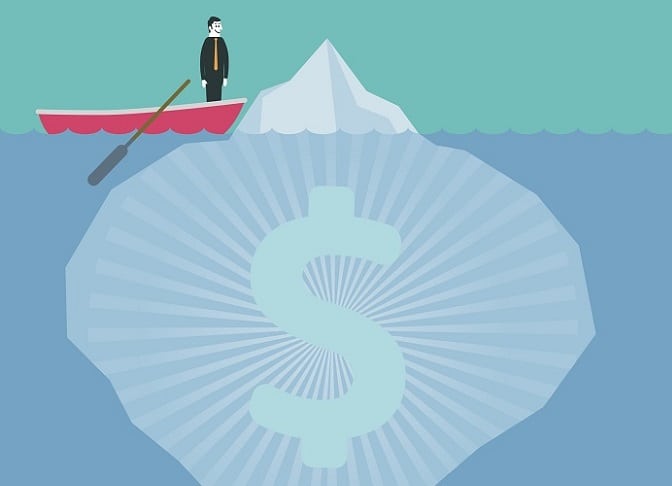Andrew Herberts, head of private client investment management at Thomas Miller Investment, agrees. He explains that while index-linked gilts may provide protection, it crucially depends on the level that they were bought at.
Alternatively, while Hooker states that inflation has not been a driver of property for a long time and equities only do well in certain periods of inflation, Herberts argues that equities are the way forward and have historically have been best placed to protect real value.
He says that they provide protection to the “extent that earnings should rise at least in line with inflation levels overall”.
“Gold is traditionally associated as a hedge, but if one looks closely at the numbers, this is true over the very long term (decades and centuries) but can be wildly out on a short-term basis.
“If the cause is wage inflation getting out of control, then capital heavy companies should do relatively better. One thing that is guaranteed to do badly in real terms is cash.”
In times of high volatility
Earlier this month, global markets plunged after the Dow Jones took its biggest hit in six years.
While volatile times are among us, Herberts says that investors need to prepare by diversifying.
He says: “If a portfolio has a good level of diversification and has been well constructed with prudence in mind, it should be relatively resilient to a correction. However, that resilience will come at the expense of performance, so investors, and crucially their clients, need to understand the trade-off.
Herberts explains it is hard to tell how long the market volatility will last but he expects that “as the path of interest rates becomes less predictable the market will be vulnerable to shocks”.
Referring to the recent low volatility as an “abnormal period, rather than a new normal”, he adds that “we are reverting to normal volatility [and] it will persist for the long term”.







